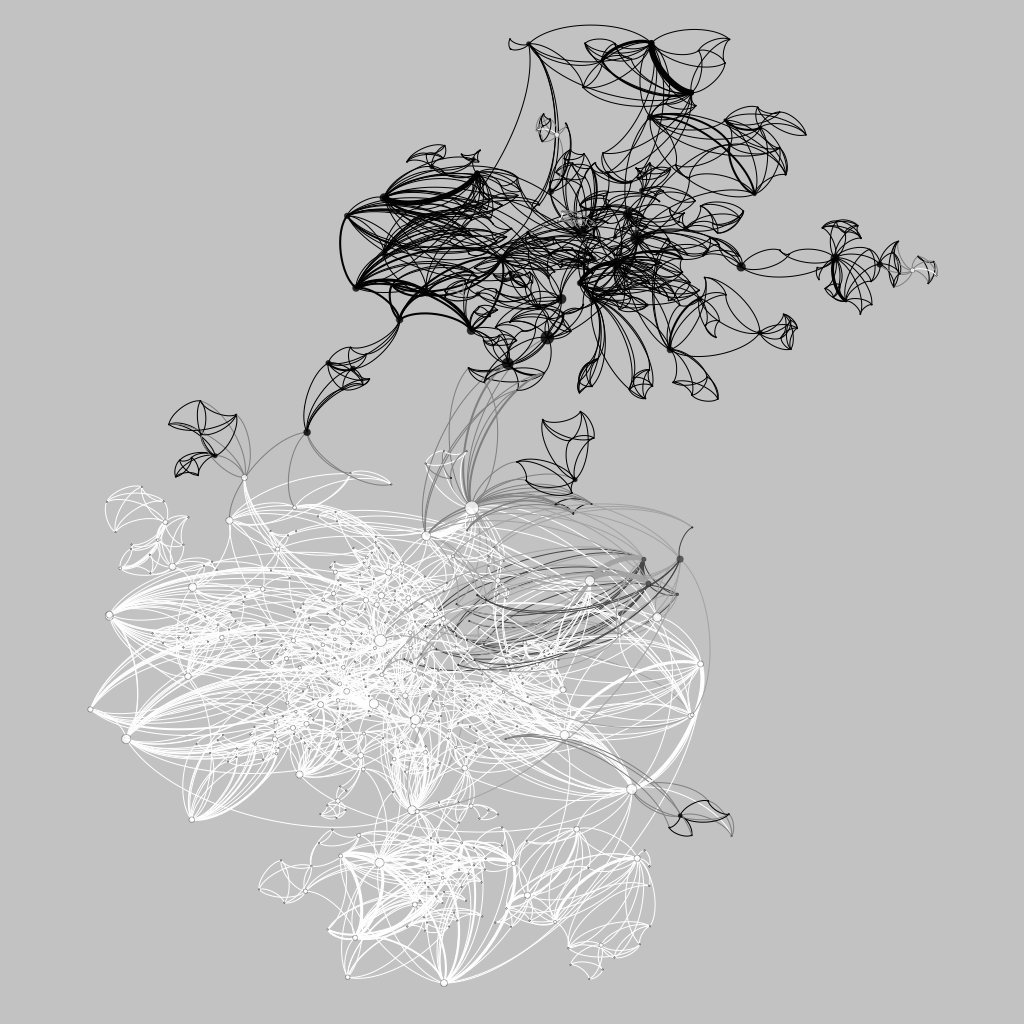History of American Indians and the United States
Gender & Interpreting the Past
Dr. Kane
mkane2@albany.edu Humanities 109 | MWF 9:20 - 10:15 AM
Office Hrs: M 10:20 - 11:20 & F 1:30 - 3:30
Social Science 60S
Friday, October 27
coming up
- Objects paper Nov 6
- email your images by Nov 5 - mini presentations in class
- Final proposal - Nov 13
today's class
- where does the sexy princess come from?
- Iroquoia - 18th c
- mid-continent - 18th c
- California - 18th c
- Virginia - 17th c
- Native women's bodies and land
where are we?
- Enganglement period
- middle ground - 1600-1800
- French & Indian War - 1754-1763
- Pontiac's War - 1762-1763
- Revolutionary era
- American Revolution - 1774-1783
- Treaty of Canandaigua 1794
sexual and gender diversity
- how were two-spirit people perceived by Europeans?
- how does "berdache" differ from two-spirit?
- how does two-spirit differ from gay, lesbian, or trans?
Iroquoia - 1740

mid-continent - 1700-1760
- French intermarriage
- Illinois patrilineal households
- kinship necessary for trade
- frenchification by marriage - two spirits & gender roles
California - 1650-1790
- Spanish & Russian frontier
- household as women's space, ranchero as men's space
- colonies do not equal colonialism
- hispanicization by mission
Vespucci Waking America

Virginia - 1620-1630
misunderstanding Pocahontas
- Native: women's roles as diplomats
- John Smith's symbolic rebirth as Powhatan
- Euro: women can only be domestic
- Pocahontas' captivity as possession of land
Native women's bodies as land
- what's more American than an Indian princess?
- 17th & 18th century theories of biology and property
- women's bodies and land empty until men's active labor is added
- why is the Cherokee grandparent never a grandfather?
gender & entanglement
- Native gender roles shape engagement
- European expectations shape recording
- our own cultural expectations are shaped by records & shape how we interpret the past
looking backwards
- who made the records?
- how did cultural bias affect what they recorded?
- how has the creation of records affected narratives of history?
- how do narratives of history affect peoples' lives?